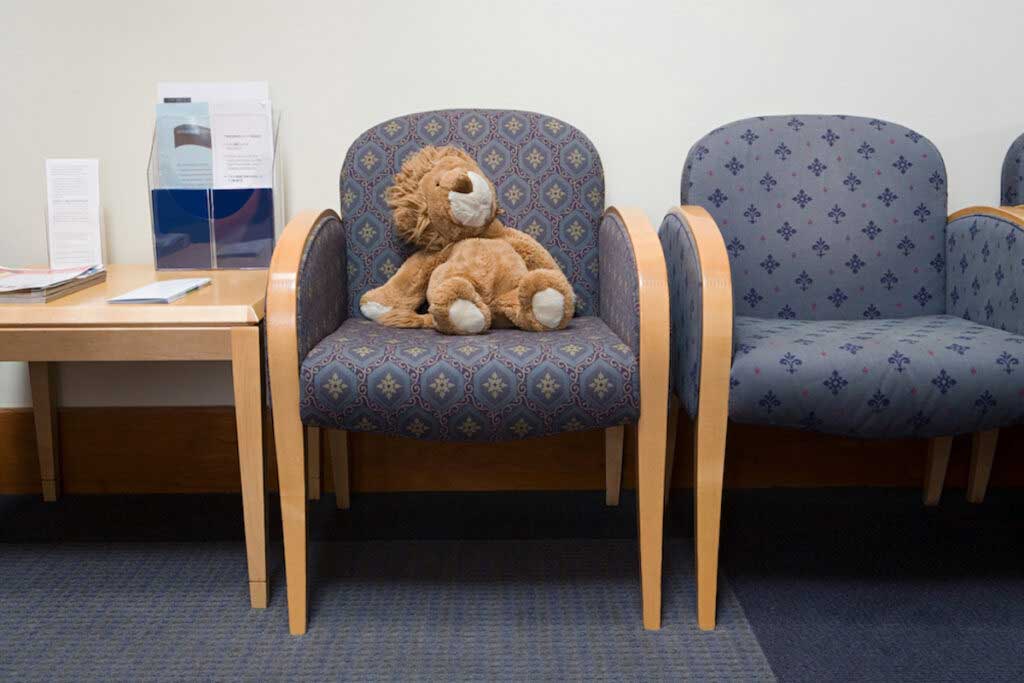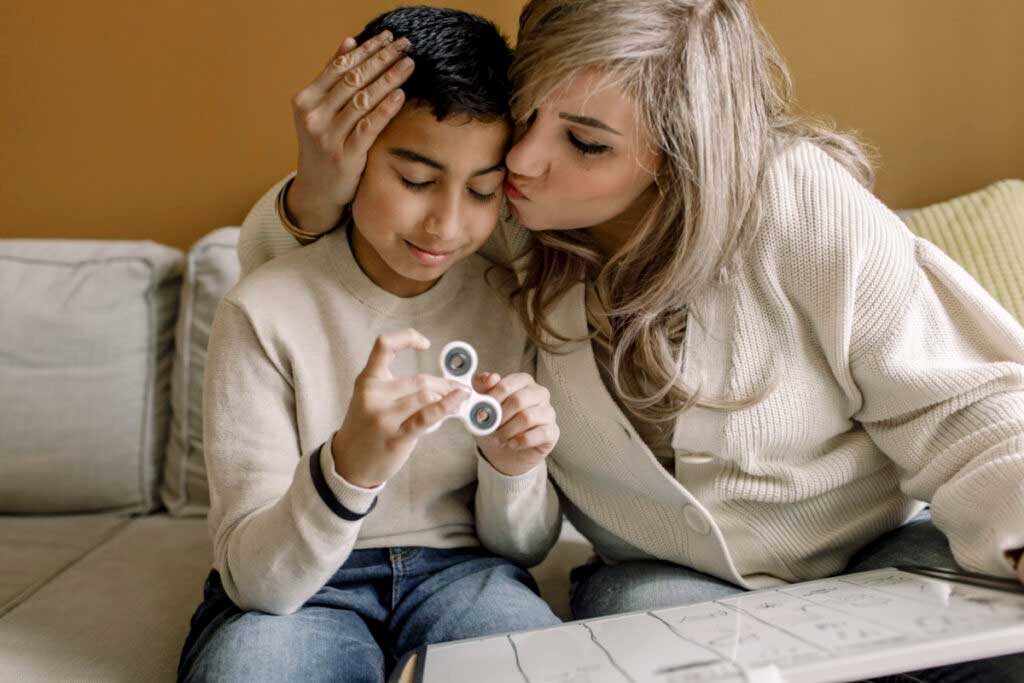When I sat down to write Cribsheet, I had a pretty good sense of the topics that I wanted to cover. Discipline was not among them. As I told my editor, Ginny, “I don’t think there is any very good data on this, and I do not want to wade into a topic where I literally can say nothing.”
But sometime during the writing, Ginny raised this again. She noted the popularity of a system called 1-2-3-Magic. Could we say anything about the data behind that?
In the end, this proved to be one of the areas where writing the book changed how I parent. In fact, the data was better than I thought. There are evidence-based discipline approaches. More than one, in fact. These include things like 1-2-3 Magic, Incredible Years, Triple P—Positive Parenting Program, and so on. Many schools—including those that have children with serious behavioral issues—use a program called Positive Behavior Interventions and Supports, which has a similar set of goals and structures.
What do the data-based discipline approaches have in common?
Broadly, all these emphasize a few key elements.
First, recognize that children are not adults, and you usually cannot improve their behavior with a discussion. If your four-year-old is taking their shirt off in the museum, they will not respond to a reasoned discussion about how you actually do need to wear shirts in public places. The flip side of this—more important—is that you shouldn’t expect them to respond to adult reasoning. And as a result, you should not get angry the way you would if, say, your spouse was stripping in the museum and didn’t stop after you explained why they shouldn’t.
All these interventions emphasize not getting angry. Don’t yell, don’t escalate, and definitely don’t hit. Controlling parental anger is the first central part of the intervention.
This is so easy to say, but it is often so hard to do. It takes practice on your part. Most of us do not want to get angry with our kids, but we have all found ourselves furious in various moments. Toddler discipline is, really, parental discipline. Breathe. Take a second. I once told my children, “I’m so mad right now, I’m going to the bathroom for a while to calm down.” (It’s the only door in the house that locks.) And I did, only coming out when I thought I could handle not only them, but myself.
An extension of this your-child-is-not-an-adult observation is that it is probably not a good use of your time to think a lot about why your small child is having a tantrum. There is a strong temptation to try to figure out what exactly is the issue—to try to get them to articulate the precise problems they are having. Even if they can talk, this is likely to be fruitless, since they probably do not know. Tantrums happen for all kinds of reasons. Working on disciplining the tantrum behavior is the goal. If they do not think of a tantrum as a way to react, they can work on developing other, more productive ways to communicate their problems.
Second, these approaches all emphasize setting up a clear system of rewards and punishments and following through on them every time. For example, 1-2-3 Magic develops a system of counting (to three, obviously) in the face of disruptive behavior, and if three is reached, there is a defined consequence (a time out, loss of a privilege, etc.).
Finally, there is a strong emphasis on consistency. Whatever is the system you use, you use it every time. If the consequence of counting to three is a time out, then there needs to be a time out every time, including, say, in the grocery store. (The book suggests you find a corner of the store, or bring a “time-out mat” with you.)
As an extension, if you say no to something, you stick to no. If your kid asks for dessert and you say no, you cannot then later say yes if they whine for long enough. This basically makes sense—what do they learn from that? That whining will sometimes work. Let’s do more of it! And similarly, do not make threats you cannot carry out.
Let’s say you are on an airplane and your child keeps kicking the seat in front of them. Telling them, “If you do that one more time, I’m going to leave you on the airplane” is not a good threat. Why? Because you are not going to leave them on the airplane. When they then kick again to test this, and they find they are not, in fact, left on the airplane, they’ll file away this for later. The same logic goes for the common parent car trip threat, “I’m going to turn this car around if you kids do not stop fighting!” Fine to say this, but you better be prepared to turn around.
These are the broad parameters. The specifics differ across programs. If you are hoping to use this kind of discipline, you’ll probably want to pick a particular program and stick to it. One may not be better than the other, but given the importance of consistency, it is necessary to adopt one approach among everyone who is with your kid, not five similar but not identical approaches.
These approaches are helpful through older ages, but can be used as early as two. The books have some specific guidelines for time outs—for example, they should be shorter at younger ages and do not start until after a tantrum has ended. And they do outline some key components that are useful for very small children. For example, do not let your child use a tantrum to get what they want.
How do we know these approaches work?
The evidence that these work is based on a number of randomized controlled trials.
To give an example, a paper published in in 2003 in the Journal of Child and Adolescent Psychiatry reported on an evaluation of 1-2-3 Magic among 222 families. All the parents involved were looking for help managing their children’s behavior, although none of the children had clinical behavior problems. That is to say, they were just engaging in the standard difficult behaviors.
The intervention was fairly light—parents attended three two-hour meetings that discussed the 1-2-3 Magic approach, and were shown videos and given handouts about particular problem issues. There was a fourth two-hour meeting a month later to reinforce.
The experimental group—the one that got the intervention—had improvements on all the variables measured. The parents scored better on measures of parenting—i.e., “Are you hostile and angry toward your child?”—and the children scored better on a variety of measures of behavior. Moreover, the parents reported their children were better behaved and more compliant, and that the parents’ stress had gone down. The authors noted the effect sizes were not enormous—it would be hard to expect huge effects, given how limited the intervention was—but they were large enough for parents to notice them and affect their time with their children.
Smaller trials of 1-2-3 Magic with longer follow-ups have shown similar impacts, with authors arguing that the effects of these programs can be seen even two years later. The evidence isn’t limited to this particular program. A number of studies—especially in the UK and Ireland—have seen similar impacts with the Incredible Years approach. The results there show improvements in parenting practices, reductions in child behavior problems, and lower parental stress. Reviews that pull together evidence on all programs of this type show similarly consistent findings across studies. The bottom line is, they just seem to work.
So, okay, these approaches work. But should you use one?
One answer to this is that it depends on the alternative. In Cribsheet, I talk more about spanking. Bottom line: the evidence suggests that it has negative consequences in both the short and long term. So if hitting is the alternative, then one of these programs probably is worth a try. And if you are tired and frustrated and feel you don’t like your kid very much, then, well, that’s a reason to try also.
In this way, these programs are also not unlike sleep training. Many of the benefits are to the parents: lower stress, better relationship with your child, etc. If what you are doing is working for you, great. If not, this might be worth a try.
Back to the present moment. I was reflecting on these issues last week, albeit in a slightly different frame.
During the invasion of the Capitol last week, a friend texted me to the effect of “How on earth am I supposed to deal with this while also my kid is being difficult?” (Answer: TV, but let’s put that aside). Obviously that was an extreme day, but I cannot be alone in finding it hard to parent well with everything else is going on.
Let’s imagine there is an email at 5pm on Friday saying your kids school is going remote for the next week, and you have a non-negotiable engagement every day for the whole day the following week, and your partner needs to work too and you have no back-up child care. It is really, really hard to then sit down at 6pm and have a normal dinner in which you engage the kids about their day. It is really, really easy to fly off the handle when they use their placemat/table/shirt as a napkin.
(This is all totally hypothetical obviously).
Part of this instinct, part of why this is hard to control (at least I think!) is that we sometimes expect a degree of understanding from our kids which they just do not have. This gets harder as kids get older. With a ten year old, or even a very verbal six year old, you can get the impression of greater maturity and control than they really have.
Why can’t you understand that I actually do need to be looking at my phone to find out if we are having a real coup or what? I just cannot help with the stupid Lego problem right now. It’s not important!
But the point is, really, the same as the one above. When we think about the discipline discussion, the first big take away is recognizing that your children are not adults (see shirt-in-museum example above.) They’re not adults in this moment, either. Which means it may not be reasonable to expect them to understand why you’re scared and upset without some explanation. To my five year old, focusing on the Legos is important.
All this is to say, there may be some broader lessons here about managing this really, really complicated time. As I told my friend, though, some of those lessons may involve television.

















